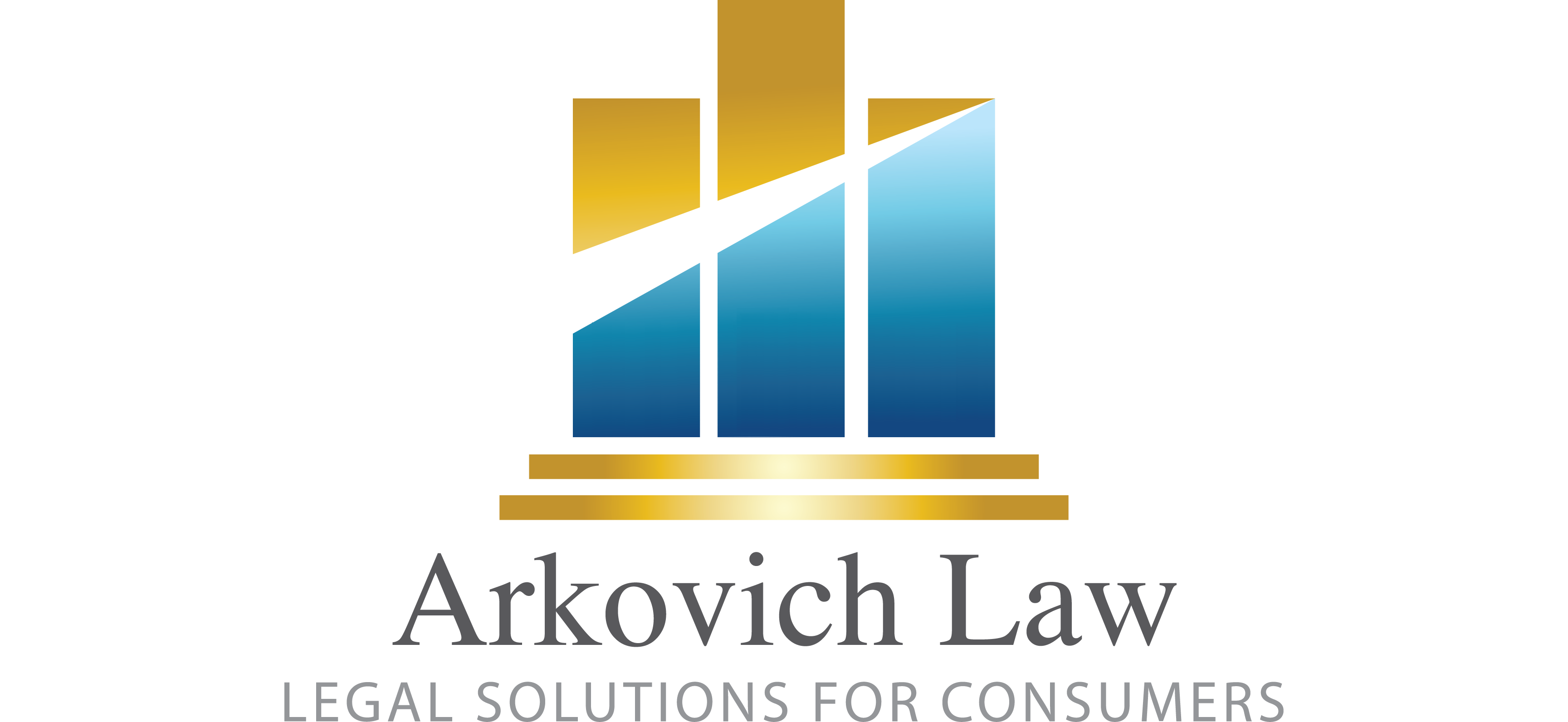Believe it or not, there are still many people who are in default on their federal student loans. The Fresh Start initiative to allow someone to cure their federal student loan default ends September 30. The end of this month. If you are still in default after that, you’ll face collections actions for these federal loans and it’s not pretty. Wage garnishments – federal – so no state exemption are available. Tax refund seizure. Earned income tax credits gone. Social Security offsets. Poor credit scores.
Why not cure now? It’s free. Your credit report is cleared of the delinquencies. You get IDR credit for the past 4.5 years if you went into default at the beginning of Covid for instance. No need to consolidate or rehab.
We used to complain that there were so few ways to cure a federal student loan default. I even called our one time ability to consolidate to Direct loans, or rehab a loan – get out of jail cards. If we ran into someone who had done both already, sometimes the only way to cure a default was to file a Chapter 13 bankruptcy to have a plan to catch up the past due payments. Imagine having to make more than one student loan payment per month. It worked, but it wasn’t always pretty.
 Reboot Your Life: Tampa Student Loan and Bankruptcy Attorney Blog
Reboot Your Life: Tampa Student Loan and Bankruptcy Attorney Blog



